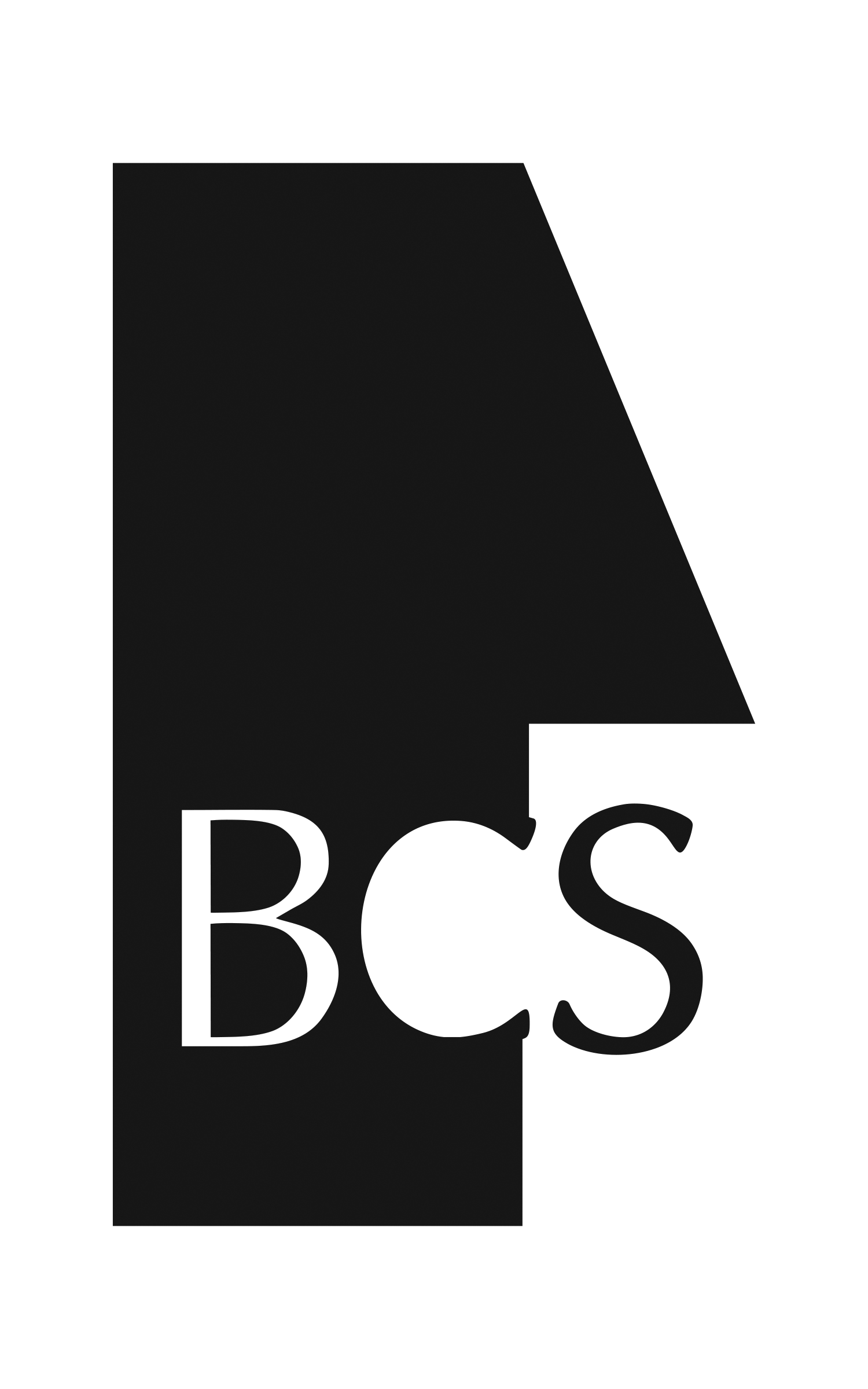Over the ages, Western composers have turned repeatedly to certain musical forms. The most enduring (and challenging) of these forms is the Ordinary of the Roman Catholic Mass. Throughout the ages the Mass text has inspired some of Western civilization's most profound compositions. Its secular counterpart was the madrigal, or partsong, a form that originated in Florence in the mid-16th century and quickly spread throughout Europe and England, where it influenced and transformed regional variants such as the French chanson, German lied, and English partsong. Much of its great popularity came from the profound and emotional texts of contemporary poets that inspired composers, particularly during the late 16th century when madrigals reached their maturity. Though the madrigal waned in popularity as the Baroque era blossomed, it has returned in recent years to attract contemporary composers, many of whom were drawn to the same great Renaissance poets that inspired the early madrigalists.Masses & Madrigals—Ancient & Modern, then, was a concert of comparison and contrast. Two Masses anchored the two halves of the concert. The Mass for Four Voices by the English composer William Byrd (1539-1623) is one of the masterpieces of the Renaissance. Its counterpoint is brilliant and clear, its textures mystical and evocative. Estonian composer Arvo Pärt (b. 1935) is one of the most prominent composers of contemporary sacred music. His Missa syllabica is quite different in compositional style from Byrd's Mass, yet both works are anchored by a deep and profound spiritual conviction and respect for the text.Over the course of his life, the great Italian composer Claudio Monteverdi (1567-1643) published nine books of madrigals. These remarkable volumes show a fascinating evolution from unaccompanied declamatory works found in the early books to a fully-realized concertato style in Book VIII, a style that reflects the use of continuo and the conventions of opera, a form invented by Monteverdi himself in 1607 that rapidly grew in popularity and swept throughout Europe during the 17th century. The contemporary American composer Morton Lauridsen (b. 1943) composed his Madrigali: Six 'Firesongs' on Italian Renaissance Poems in 1989. Lauridsen states in his preface that they are derivative from and indebted to to Monteverdi for their style and emotion.This was a fascinating exploration of the sacred and the secular, the old and the new.
Here is the review of our concert in the Bloomington Herald-Times:
Singers give admirable concert
By Peter Jacobi H-T Reviewer | pjacobi@heraldt.com Nov 12, 2012...The Bloomington Chamber Singers opened their season Saturday evening in a packed First Christian Church, fully ready to regale those present with “Masses and Madrigals, Ancient and Modern.”The challenging program split not only the musical fare but the chorus.Part 1, pre-intermission, was devoted to the 1593 Mass for Four Voices by British composer William Byrd and selected madrigals of Claudio Monteverdi, dating from late in the 16th century to early in the 17th. BCS music director Gerald Sousa led that part of the program, using about two dozen of the choir’s singers.After intermission, assistant conductor Greg Geehern guided a somewhat larger contingent through the 1996 “Missa Syllabica for Chorus and Organ” of Arvo Part and selections from Morten Lauridsen’s 1987 “Madrigali: Six ‘Firesongs’ on Italian Renaissance Poems.”Mood was a dominant feature throughout: urgently somber in Byrd’s contrapuntal Mass, with its transcendental ending; the Monteverdi madrigals, so laden with imagery as the singers evoked rapturous romance or tormented love; the Estonian Part’s restrained modern extension of the Renaissance Mass, its traditions distinctly modified by introduced dissonances and pronounced silences; Lauridsen’s devotion to Monteverdi and his contemporary, Gesualdo, in spirited madrigals based on Renaissance love-and-loss poetry and vocalized so that old subtly blended with new.Sousa and Geehern accomplished much with their choruses, fully serving the music. A small instrumental ensemble added to the Monteverdi. Christopher Lynch provided organ accompaniment for the Part. Admirable concert.(link)

